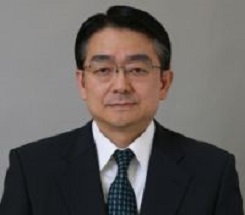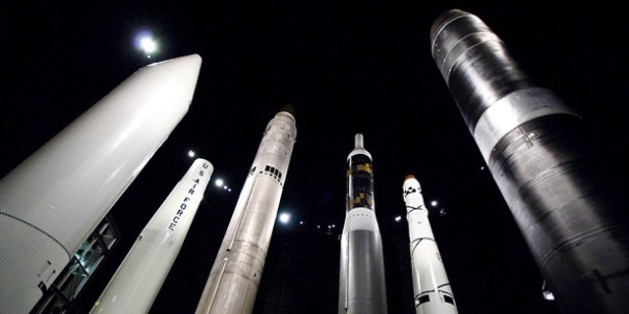Nuclear Abolition NewsViewpoint | IDN
By HIROTSUGU TERASAKI*
TOKYO (IDN) – It is a cause of grave concern that there are an increasing number of regions under tension and exposed to the threat of nuclear weapons; namely, the Middle East, South Asia and Northeast Asia. Today, there are more countries that seem to be adhering to the doctrine of nuclear deterrence and/or extended deterrence than during the Cold War era.

This reminds me of UN Secretary-General Ban Ki-moon’s warning to the world, “Unfortunately, the doctrine of nuclear deterrence has proven to be contagious. This has made non-proliferation more difficult, which in turn raises new risks that nuclear weapons will be used.” It is critical that all of us share an awareness that humanity is standing at an important tipping point today.
There is a growing cognitive gap between nuclear-weapon states and non-nuclear-weapon states on the role of nuclear weapons in national defence. Daisaku Ikeda, president of SGI, points out: “Unless we confront the fundamental source of that contagion, moves to prevent proliferation will be neither convincing nor effective.”
I would like to hereby stress that the logic of nuclear deterrence is no longer justifiable, as no state should pursue its own security interests at the risk of holding the world’s population hostage to nuclear ambitions. As a step to stop the further “contagion” of nuclear deterrence, I urge all state parties to the NPT to confirm this point during the upcoming second NPT PrepCom in Geneva.
Risks of nuclear proliferation, terror and accidents continue to jeopardize our lives. Hiroshima and Nagasaki have taught us that any use of nuclear weapons would have catastrophic humanitarian consequences. This point should never be forgotten. At the same time, the huge economic burden of nuclear weapons spending is what the world can no longer afford to ignore. We need to ask ourselves whether these risks, effects and costs of nuclear weapons can continue to justify nuclear arms. Is the value of nuclear deterrence justifiable in the face of these negative consequences?
Humanitarian focus
An emerging approach supported by non-nuclear-weapon states sheds light on the humanitarian consequences of nuclear weapons. Greater humanitarian focus and renewed awareness of the fundamental nature and consequences of these arsenals could alter the discourse and normative questions asked. The challenge facing the nuclear-weapon states is how well they can grasp these humanitarian concerns into their nuclear calculations.
It is therefore vital to galvanize the voices of the citizens around the world to question the humanitarian acceptability of these weapons especially in the nuclear-weapon states. We need to give greater space for “the common sense” of citizens questioning the utility of nuclear weapons in order to rid the world of these apocalyptic arsenals.
Let us recall what US President Obama declared in 2009 in Prague: “So today, I state clearly and with conviction America’s commitment to seek the peace and security of a world without nuclear weapons . . . But now we, too, must ignore the voices who tell us that the world cannot change. We have to insist, ‘Yes, we can.’”
Can we allow the nuclear-weapon states to remain complacent about nuclear deterrence? The answer to this rhetorical question is clearly “no” and the reason why is, as President Obama stated, because they are completely unjustifiable on humanitarian grounds irrespective of any political justifications.
We must redouble our efforts to resolutely push the state actors to see nuclear weapons use through a humanitarian lens. Regardless of how low the probability of a nuclear weapons detonation may seem to the nuclear strategists, the consequence is still extremely high in humanitarian terms.
*Hirotsugu Terasaki is Vice President, Soka Gakkai and Executive Director, Soka Gakkai International Peace Affairs. He issued this statement in run-up to the NPT PrepCom from April 22 to May 3, 2013 in Geneva. [IDN-InDepthNews – April 26, 2013]
Picture credit: SGI


